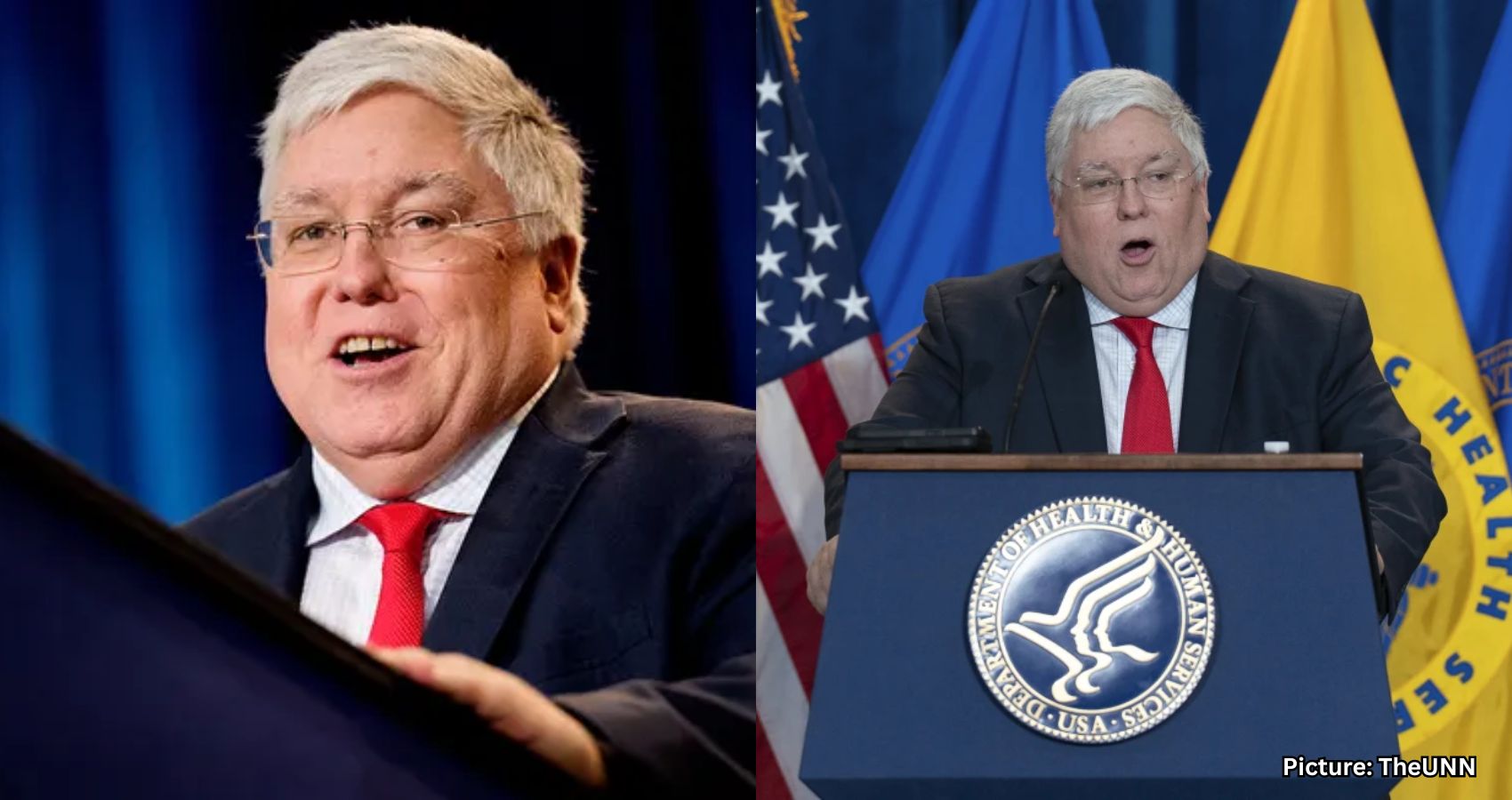West Virginia families can now opt out of school vaccine requirements based on religious beliefs, following a judge’s ruling that challenges previous state policies.
In a significant ruling on Wednesday, a West Virginia judge determined that parents can invoke their religious beliefs to exempt their children from mandatory school vaccination requirements. Raleigh County Circuit Judge Michael Froble issued a permanent injunction allowing children from families who object to the state’s compulsory vaccination law on religious grounds to attend school and participate in extracurricular activities.
Judge Froble’s decision found that a state policy preventing parents from seeking religious exemptions violated the Equal Protection for Religion Act, which was signed into law in 2023 by then-Governor Jim Justice. Prior to this ruling, West Virginia was one of the few states that only permitted medical exemptions for school vaccinations. Earlier this year, Governor Patrick Morrisey issued an executive order that allowed for religious exemptions, but the state Board of Education subsequently voted to disregard this order, insisting that public schools adhere to existing vaccination requirements as outlined in state law.
In response to the ruling, the Board of Education announced that it would “hereby suspend the policy on compulsory vaccination requirements” while an appeal is pending before the state Supreme Court. Governor Morrisey expressed his support for the ruling, stating that it represents a victory for families who have been barred from school attendance due to their faith.
The legal battle was initiated by two groups who contested Morrisey’s executive order, arguing that the authority to establish vaccination policies lies with the legislature, not the governor. Although legislation permitting religious exemptions was passed by the state Senate, it was ultimately rejected by the House of Delegates earlier this year. Judge Froble clarified that the failure to enact this legislation did not negate the application of the 2023 law, emphasizing that legislative intent is not the sole determinant in interpreting statutes.
A group of parents had filed a lawsuit against the state and local education boards, as well as the Raleigh County schools superintendent. One parent had successfully obtained a religious exemption from the state health department and enrolled her child in elementary school for the current academic year. However, the local school superintendent rescinded this exemption in June, prompting the legal action.
In July, Judge Froble granted a preliminary injunction that allowed the children of the three families involved in the lawsuit to attend school for the current year. Last month, he expanded the case into a class action, which now includes 570 families across the state who have received religious exemptions. This class action also applies to parents seeking religious exemptions in the future.
Judge Froble noted that the number of exemptions granted thus far represents a small fraction of the overall student population in West Virginia and would not significantly impact vaccination rates or pose increased health risks. State law mandates that children receive vaccinations for several diseases, including chickenpox, hepatitis B, measles, meningitis, mumps, diphtheria, polio, rubella, tetanus, and whooping cough before they can attend school.
Currently, at least 30 states have enacted laws that protect religious freedoms, modeled after the federal Religious Freedom Restoration Act, which was signed into law in 1993 by then-President Bill Clinton. This federal law allows individuals to challenge federal regulations that interfere with their religious beliefs.
As the legal proceedings continue, the implications of this ruling may reshape the landscape of vaccination policies in West Virginia and potentially influence similar discussions in other states.
Source: Original article

